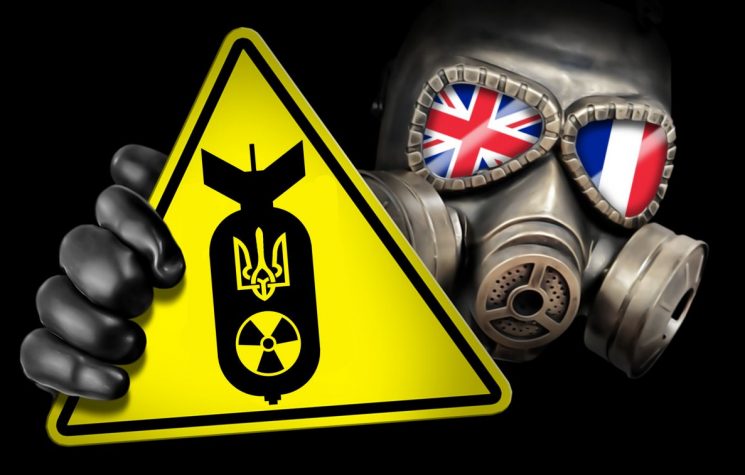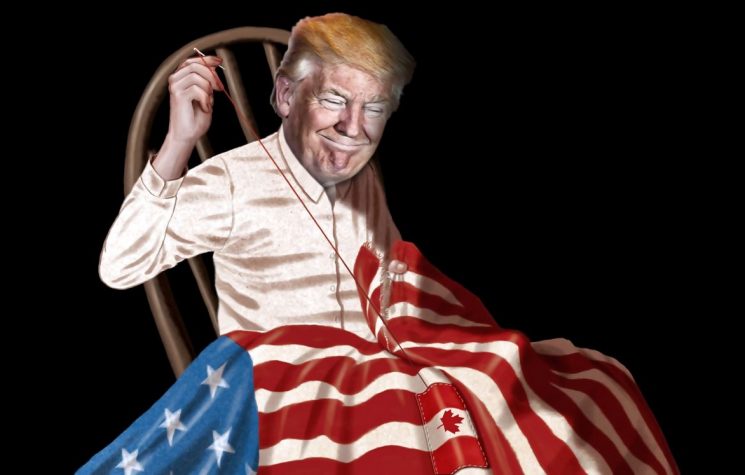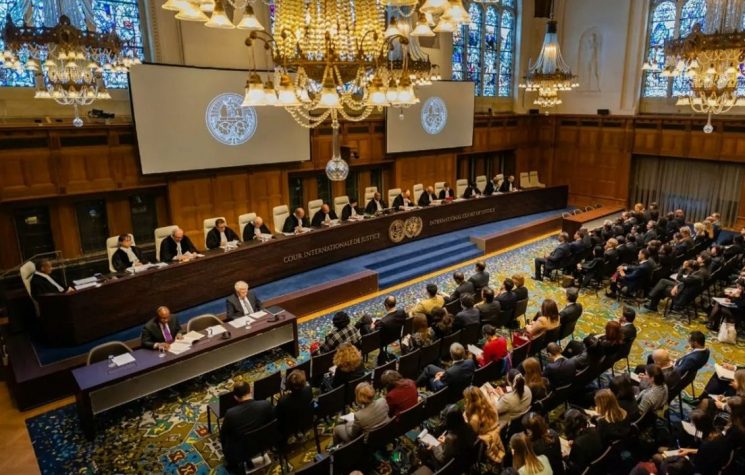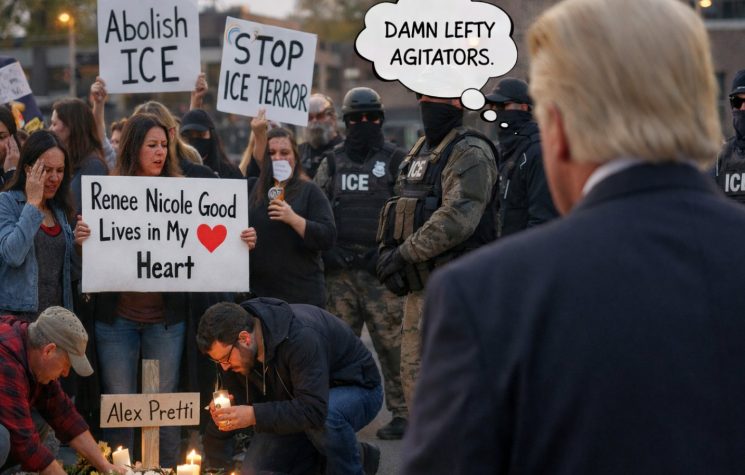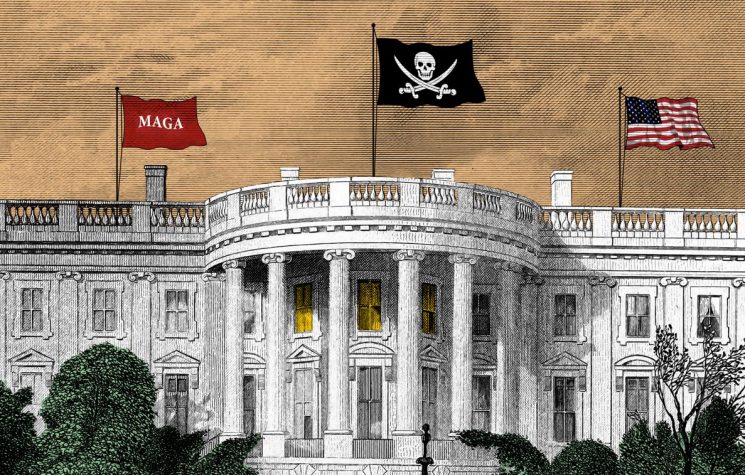An article targeting European politics through the lens of bilateral relations with the U.S. was published on the official website of the U.S. Department of State.
Contact us: info@strategic-culture.su
An article targeting European politics through the lens of bilateral relations with the U.S. was published on the official website of the U.S. Department of State.
The article, signed by Samuel Samson, Senior Advisor at the Department’s Bureau of Democracy, Human Rights, and Labor (DRL), is a typical text revealing how the period beginning with Donald Trump’s re-election as President in the U.S. has transformed the perspective of official U.S. institutions towards Europe.
In his article, Samson, stating that the relationship between the U.S. and Europe is not merely based on geographical proximity or mutual interests, argues that this bond is nourished by shared culture, beliefs, family ties, and especially the heritage of Western civilization, and that this relationship is “cemented by a tradition of mutual assistance in troubled times.”
‘America is grateful to Europe’
Samson traces the origins of the Transatlantic alliance, which he says is “strengthened by traditions unique to the West,” back to Athens and Rome, and states that America is “grateful to Europe”:
“The revolutionary statement in the Declaration of Independence that ‘all men are endowed by their Creator with certain unalienable Rights’ reflects the ideas of Aristotle, Thomas Aquinas, and other European thinkers. These ideas are based on the premise that people’s natural rights cannot be subject to the arbitrary decisions of any government. America is grateful to Europe for this intellectual and cultural heritage.”
Samson believes that even when there are disagreements, this ‘bond’ allows for dialogue between America and Europe. However, according to Samson (and thus Trump’s America), this bond is now damaged. It is noteworthy that the article recalls U.S. Vice President JD Vance’s controversial speech at the Munich Security Conference on February 14, 2025, regarding this concern.
It seems that the Trump administration’s scribes view Vance’s Munich speech as a ‘turning point,’ similar to Russian leader Vladimir Putin’s speech at the 43rd Munich Security Conference (February 10, 2007).
Putin’s historic speech, considered a turning point, featured harsh criticisms of the unipolar world order, NATO expansion, and the West’s interventionist policies… and Vance’s contentious speech themed “The Real Danger Lies Within Us”…
Samson also directly quotes the following sentence from Vance’s speech in his article:
“My primary concern is internal threats. Europe stepping back from the most fundamental values shared with the U.S.”
Furthermore, alluding to Francis Fukuyama’s ‘end of history’ thesis, Samson argues that the new order Europe established with supranational structures after two world wars ‘so as not to experience catastrophes again’ has now ‘been reduced to ruins’:
“Today, however, this promise lies in ruins. It has been replaced by an aggressive campaign waged against Western civilization. Across Europe, governments have turned political institutions into weapons against their own citizens and our shared heritage. Instead of strengthening democratic principles, Europe has become the epicenter of numerous threats including digital censorship, mass migration, restrictions on religious freedoms, and many other dangers undermining democratic self-governance.”
As examples of Europe’s departure from ‘Western civilization,’ Samson cites: ‘the arrest of over 12,000 British citizens for anti-abortion views and “critical online comments” regarding the migration crisis in the UK’; the designation of the Alternative for Germany (AfD) party as “extremist” by German intelligence; and the obstruction of political parties (referring to right-wing parties) in Poland and Romania. Describing an atmosphere of ‘oppression’ in Europe, Samson believes this negatively impacts electoral processes on the continent.
‘An Orwellian tool of control’
Samson states that the European Union’s Digital Services Act, presented under the guise of protecting children from harmful content, has in reality been transformed into an Orwellian tool of control used to silence dissenting voices. He says independent regulatory bodies oversee social media companies, including X (formerly Twitter), and threaten them with massive fines.
Samson’s proposed solution to all the problems he describes is the ‘revitalization of our shared global heritage’:
“Our hope is that Europe and the United States will recommit to the Western heritage and that European governments will cease using the state as a weapon against those who defend this heritage. We may not always agree on scope and tactics; however, concrete steps by European governments to protect political and religious expression, secure borders, and guarantee fair elections would be welcome developments.
Our relationship is too important, our history too precious, and the international risks too great. We cannot allow this partnership to deteriorate. Therefore, on both sides of the Atlantic, we must preserve the values of our shared culture and ensure that Western civilization endures for generations as the source of virtue, freedom, and human advancement.”
What do Samson’s theses mean?
The article, shaped around the idea that the U.S. needs ‘civilizational alliances’ in Europe, elaborates on the notion that the relationship between the U.S. and Europe ‘cannot be explained solely by geographical proximity and mutual interests,’ but that relations are shaped by ‘shared culture, beliefs, family ties, and a common Western civilization heritage.’
This emphasis on the historicity of U.S.-Europe relations is based not only on strategic cooperation but on a thesis of ‘a millennia-old legal and cultural kinship.’
The reflection of Samson’s narrative in contemporary politics is the rising right in Europe, or in one of the popular phrases of the right, ‘the despised conservatism’… Samson describes the ‘right’ and ‘Christian-conservative’ segments in Europe as ‘the fundamental defenders of civilization’ and complains that ‘Christian nations’ are unjustly stigmatized as authoritarian and human rights violators.
Thus, according to Samson, Christianity is an identity that needs to be defended in Europe today.
Furthermore, the rising right-wing movements in Europe are, according to Samson, political currents that undertake the mission of protecting Western civilization and possess a Christian identity.
The enemy, roughly, is all parties ranging from the liberal center or center-left to the center-right. These parties, according to Samson, are the ones ‘de-civilizing Europe, distancing it from its values, and corrupting it.’
The values promoted under the Trump administration and ‘conservatism’ in the U.S. as the main theme were welcomed with satisfaction by segments and even governments uncomfortable with the conceptual framework of the Democratic Party U.S.
So much so that the dismantling of USAID was met with great enthusiasm by some ‘anti-American’ circles.
Trump administration’s rhetoric, particularly anti-LGBTQI+, based on Christian faith, and traditionalist, garnered wide sympathy, especially in countries known for their anti-Americanism in Europe, starting with Russia.
So, what was actually happening?
As an imperialist superpower, the U.S., during the Democratic Party (Joe Biden) era, exported an ideology shaped by identity politics (sexual/ethnic), foregrounding concepts like social justice and equality, broadly termed ‘woke’ ideology.
The ideology that ‘Trumpism’ frequently codes as ‘radical left/Marxist’ is one that does not contradict the capitalist order, is highly compatible with neoliberal market mechanisms, and serves to overshadow class struggle by deepening identity-based divisions.
‘The course is being reset…’
The Trump administration, upon coming to power, rolled up its sleeves not to destroy the existing order, but to rebuild it within a more conservative and nationalist framework. In essence, we are facing a change in course, fundamentally still targeting the geopolitical interests of the U.S., where different concepts come to the forefront as the focus shifts.
The most acute effects of this transformation in U.S. politics are naturally felt in Europe. This article, penned by Samson from a classic Trumpist perspective, is precisely an expression of the tension between the Europe policy cooked up by the Democrats and Trumpism.
Samson’s description is very conducive to finding supporters in Europe. Because in Europe, popular demands for security, stability, prosperity – essentially leftist demands – have strengthened right-wing alternatives in this political climate where the left has been systematically suppressed for many years, and have served to establish a new kind of right-wing nationalist hegemony, especially in countries opposed to the West. The most striking example of this situation is how the Romanian right, which just a few months ago filled the squares with anti-U.S. slogans, now filled the streets waving U.S. flags alongside Trump.
At the end of his article, Samson says, “The United States is determined to build a strong partnership with Europe and work together towards shared foreign policy goals,” and with the phrase “We cannot allow this partnership to deteriorate,” he essentially makes a veiled threat.
The U.S. emphasis on ‘working together to solve problems’ has always been followed by regime change operations. Political currents in Europe aligned with Trump’s U.S. have already achieved significant successes.
Concepts like human rights, civil liberties, and freedom of expression have been used particularly since 2022 by Democrats and European elites against Russia. It seems the same concepts will now serve as the official narrative of the Trump administration to express the grievances of the new conservatism and rising right-wing movements.











